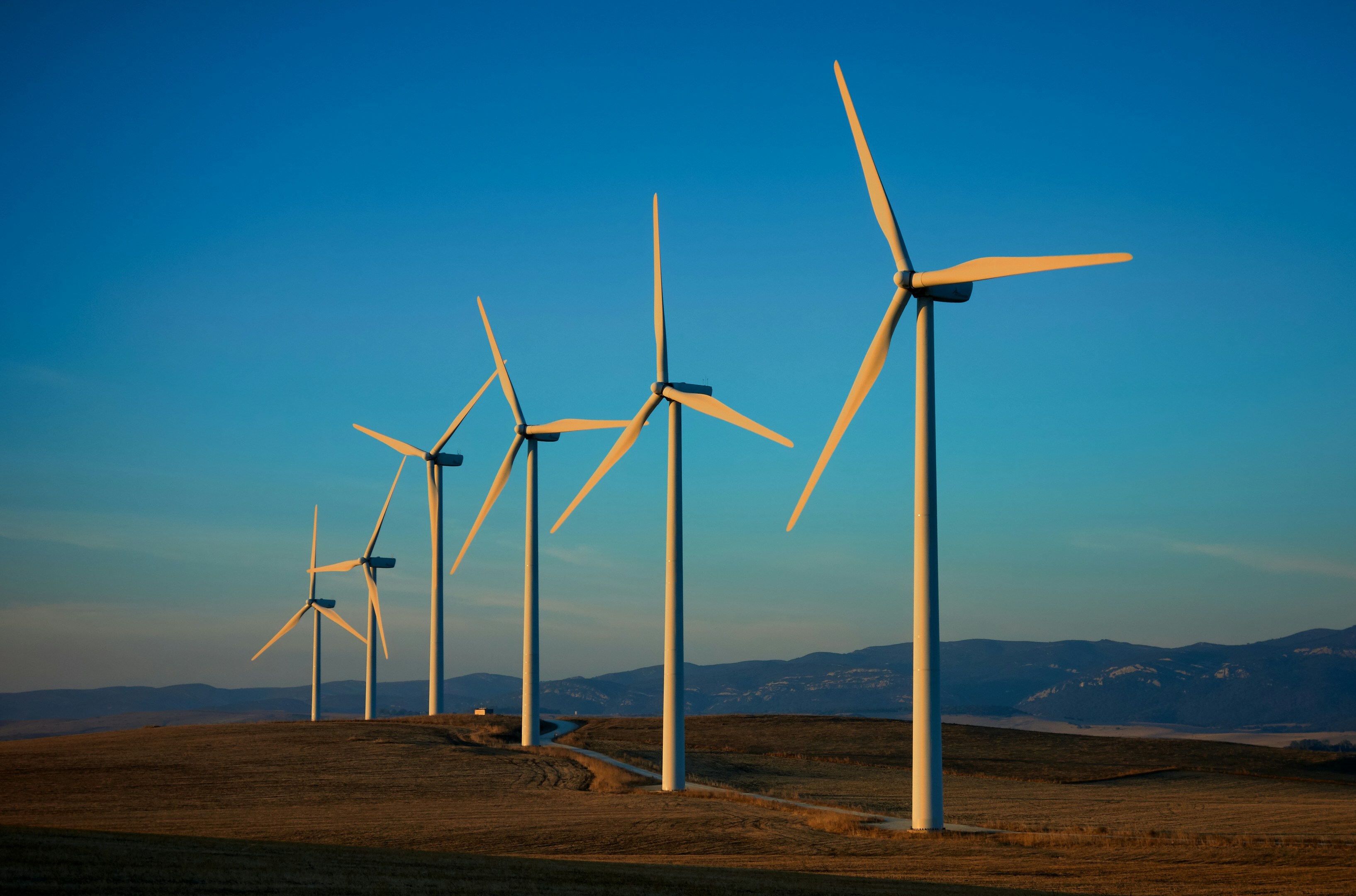Events

Plugging into progress: Evaluating power sector decarbonisation for 1.5°C
| Date | 21 May 2025 |
| Time | 16:00 - 17:00 |
| Venue | Online |
The Climate Action Tracker team will present a new evaluation of country-level power sector progress toward decarbonisation and how it can be used to understand what’s needed in NDCs.

EGU 2025
| Date | 27 Apr 2025 - 2 May 2025 |
| Time | 09:00 - 17:00 |
| Venue | Vienna, Austria and online |
The 2025 General Assembly of the European Geosciences Union (EGU) is a conference that brings together geoscientists from a range of disciplines. Here's where you can find our scientists' work on regional climate impacts, temperature overshoot, insurance changes from climate change, and more.

The NDC Handover Checklist: strengthening institutional memory
| Date | 24 Apr 2025 |
| Time | 15:00 - 16:30 |
| Venue | Online |
Join us for the launch of the updated NDC Handover Checklist, a practical tool designed to help governments capture and retain institutional knowledge throughout the NDC process.

The oceans, climate and biodiversity nexus: implications for SIDS and LDCs
| Date | 23 Apr 2025 |
| Time | 09:00 - 10:15 |
| Venue | Webinar |
This webinar will explore the interconnected issues arising from oceans, climate change and biodiversity – with a focus on what this means for Small Island Developing States and Least Developed Countries.

Accelerating the Caribbean's Clean Energy Transition
| Date | 14 Mar 2025 |
| Time | 08:00 - 17:00 |
| Venue | Accra Beach Hotel & Spa, Christ Church, Barbados (and online) |
This Re-Energise Caribbean workshop series is designed to accelerate the transition to clean energy across the Caribbean.

Northern forests: climate threats to our biggest carbon sink on land and how to protect it
| Date | 30 Jan 2025 |
| Time | 16:00 - 17:00 |
| Venue | Zoom |
This online event will present new analysis on the climate impacts affecting northern forests, from forest fires and droughts to pests and biodiversity loss, and the actions needed to safeguard and enhance their contribution to mitigating climate change.